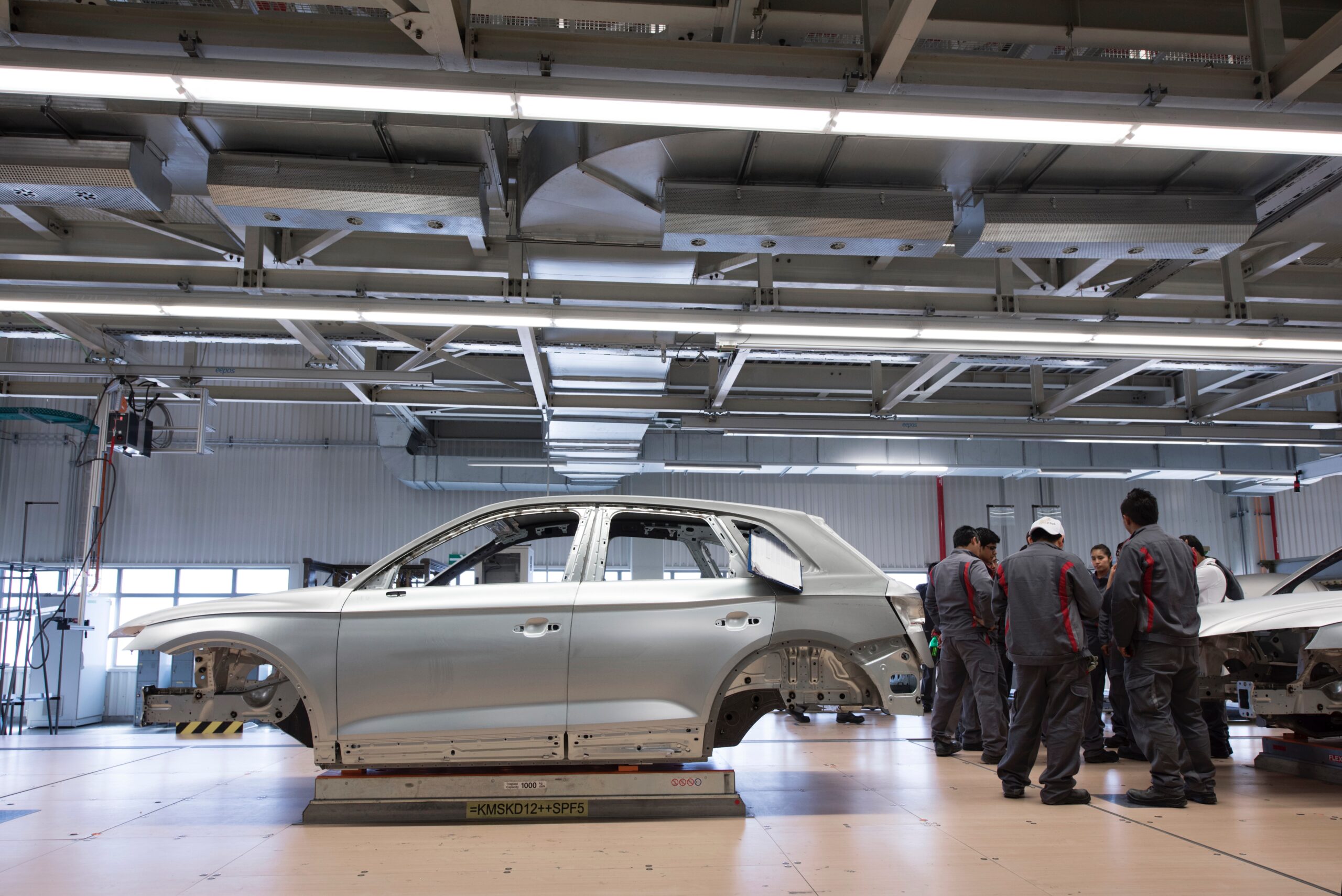Just Transition in the Car Industry
The project is completed. The project’s goal was to combine climate change mitigation with social justice by setting a just transition of the European car industry in motion.
Climate-Neutral Mobility Renewable Energy

Project info
Croatia, Czech Republic, Germany, Hungary, Poland, Slovakia
09/20 - 02/23
National governments, EU institutions, Local governments, Private sector, Associations, Civil society
414,637.13 €
Contact info
Daniel Weiß
- Central European Labour Studies Institute (CELSI)
- Centre for Economic and Region Studies (CERS, formerly Hungarian Academy of Sciences)
- ideas into energy gGmbH
- Institute for Political Ecology
- Masaryk University
- NELA. Next Economy Lab
- WiseEuropa - Foundation Warsaw Institute for Economic and European Studies
Background
Cars account for about 20 per cent of Europe’s current CO2 emissions. To achieve the climate goals of the Paris Agreement, a transformation of the automobile industry is necessary. The industry accounts for almost 14 million jobs in the EU and is a key economic sector in Central and Eastern Europe (CEE). Therefore, pathways need to be identified that ensure the support of all affected stakeholders. Despite its urgency, this transformation is still at the very beginning.

Project
To advance the transformation, the project implemented several measures in its six partner countries Czech Republic, Slovakia, Croatia, Hungary, Poland and Germany. First, it set up an exchange group between stakeholders. The project considered such exchange between all affected stakeholders the basis for the following steps towards a carbon neutral transport sector. Second, based on the exchange group’s recommendations, the project conducted co-creation workshops, in which stakeholders develop bottom-up pathways for this transition. Third, based on interviews and workshops, the project developed policy recommendations for the target countries and the EU. Finally, the projects ensured that the topics and outcomes of these measures were communicated to more stakeholders and the wider public through press articles, video clips, and a conference in Brussels.
The project constitutes a starting point for the development and implementation of just and climate-friendly transition strategies in the automotive sector. It provided impulses for politicians to act on the challenges of transition. In the long run, it influences scientific and political discourse and thus supports the realization of climate targets through a just transition in the European car industry.
Results
- One important milestone in the project was the “Just Transition: Where is the European car industry heading?” conference in Brussels in May 2022, which brought together a wide range of stakeholders in the automotive industry. These included representatives from the industry, non-governmental environmental organizations, universities, trade unions from Central and Eastern Europe and political decision-makers from the European Commission and Parliament. The results of the conference as well as interviews conducted in this context on the current situation and possible ways forward for the automotive industry can be found here.
- A total of 139 stakeholders (political decision-makers at local, national and EU level, company representatives, associations, trade unions and civil society) were sensitized to the need for a just transition in the automotive industry.
- The project developed policy recommendations for the project target countries Croatia, Slovakia, Czech Republic, Hungary, Poland, Germany and the EU on the basis of expert interviews and co-creation workshops. A total of 7 country reports and a final comparative analysis were produced, which were shared and discussed with key stakeholders.
Last update: July 2024
